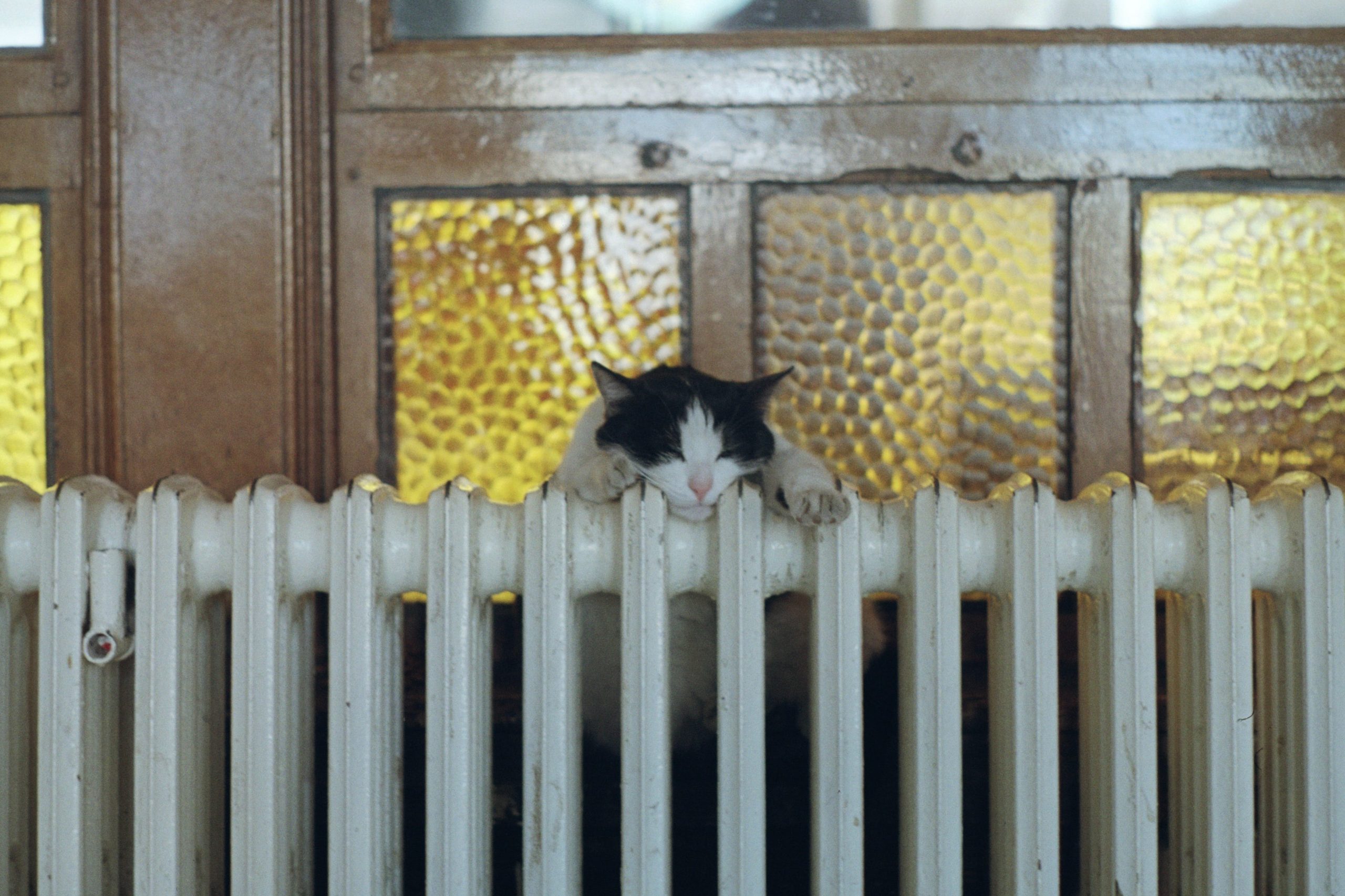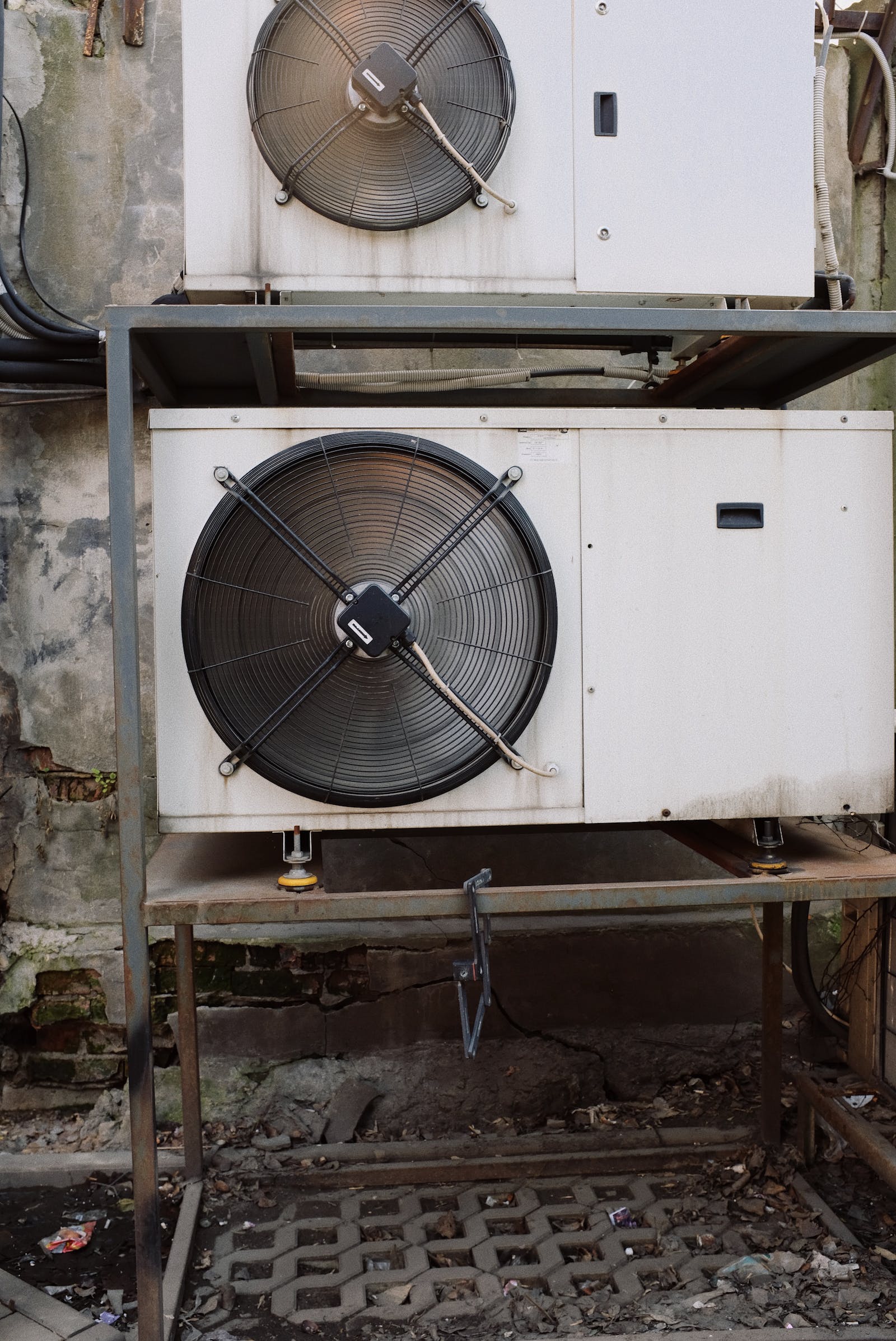While an end-of-winter service for your boiler might not be as crucial as a pre-winter service, it still offers several important benefits:
Reduced risk of breakdowns: Even though the peak demand has passed, your boiler has just gone through months of hard work. Minor issues that weren’t noticeable during milder weather could develop into breakdowns later. Servicing catches these early, preventing an unexpected cold shower or chilly home next winter.
Improved efficiency: During service, the engineer will clean and tune your boiler, ensuring it runs optimally. This leads to lower energy bills and reduces wear and tear on the system, potentially extending its lifespan.
Safety checks: Carbon monoxide leaks are a dangerous possibility with any gas boiler. Servicing includes checking for these and other safety hazards, giving you peace of mind.
Longer boiler lifespan: Regular maintenance, including end-of-winter service, helps your boiler run smoothly and efficiently for longer, potentially delaying the need for expensive replacements.
Peace of mind: Knowing your boiler is in good shape after a winter’s use provides valuable peace of mind heading into milder months. You can be confident it will be ready when you need it next winter.
However, it’s important to note that some experts recommend having your boiler serviced annually, regardless of the season. Ultimately, the decision of whether or not to schedule an end-of-winter service depends on your individual circumstances and boiler model. Consulting a qualified heating engineer can help you make an informed decision.
Here are some additional factors to consider:
- Age of your boiler: Older boilers might benefit more from frequent servicing.
- Boiler type: Gas boilers typically require annual servicing for safety reasons.
- Manufacturer’s recommendations: Check your boiler manual for specific servicing advice.
- Your risk tolerance: Are you comfortable with the potential consequences of skipping a service?





